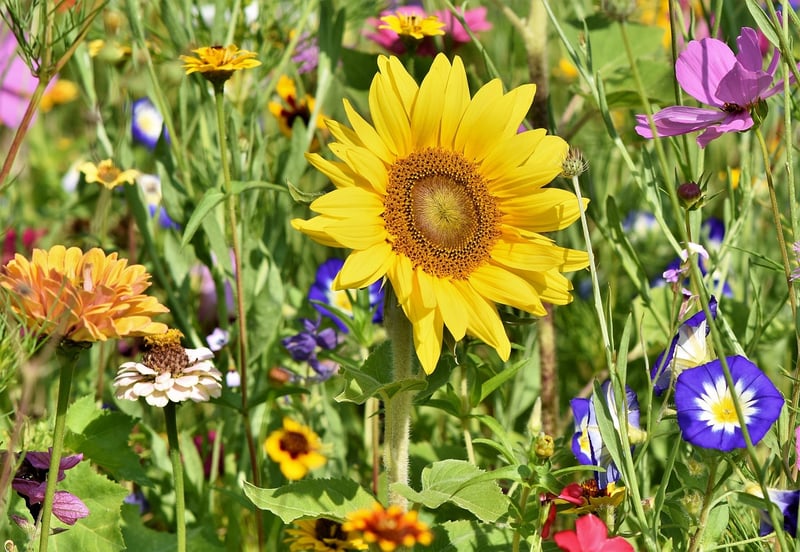Pest Control
Keep Your Garden Thriving with Effective Pest Control
Having a beautiful garden is a rewarding experience, but it can quickly turn into a nightmare if pests invade your plants. However, with the right approach to pest control, you can protect your garden and keep it thriving. Here are some tips to help you maintain a healthy and pest-free garden:
1. Identify the Pests
Before you can effectively control pests in your garden, you need to identify them. Look for common signs of pest damage such as holes in leaves, chewed stems, or wilting plants. By knowing which pests you are dealing with, you can choose the most appropriate control methods.
2. Use Natural Predators
Encourage natural predators like ladybugs, lacewings, and birds to help control pest populations in your garden. These beneficial insects and animals can feed on pests like aphids, caterpillars, and snails, keeping their numbers in check without the need for chemical pesticides.
3. Companion Planting
Planting certain flowers, herbs, or vegetables together can help deter pests and attract beneficial insects. For example, marigolds can repel nematodes, while planting basil near tomatoes can ward off tomato hornworms. Research companion planting options to create a pest-resistant garden.
4. Organic Sprays and Solutions
If pests become a persistent problem, consider using organic sprays and solutions to control them. Neem oil, insecticidal soap, and garlic spray are effective natural remedies that can help protect your plants without harming beneficial insects or the environment.
5. Regular Maintenance
Keep your garden clean and tidy to reduce hiding spots for pests. Remove weeds, fallen leaves, and debris where pests can thrive. Regularly inspect your plants for signs of pest damage and take action promptly to prevent infestations from spreading.
6. Physical Barriers
Use physical barriers like row covers, netting, or fences to protect your plants from pests. These barriers can prevent insects, birds, and small animals from accessing your crops, reducing the risk of damage and infestation.
7. Rotate Crops
Rotate your crops each season to disrupt pest life cycles and reduce the buildup of pests in the soil. Planting different crops in each bed can help prevent pests from becoming established and minimize the need for chemical controls.
By following these tips and staying proactive in your pest control efforts, you can keep your garden healthy, thriving, and free from destructive pests. Enjoy the beauty of your garden while knowing that you are promoting a sustainable and eco-friendly environment.

Remember, a little prevention and regular maintenance can go a long way in ensuring a pest-free garden that flourishes with vibrant blooms and delicious produce.
Happy Gardening!
